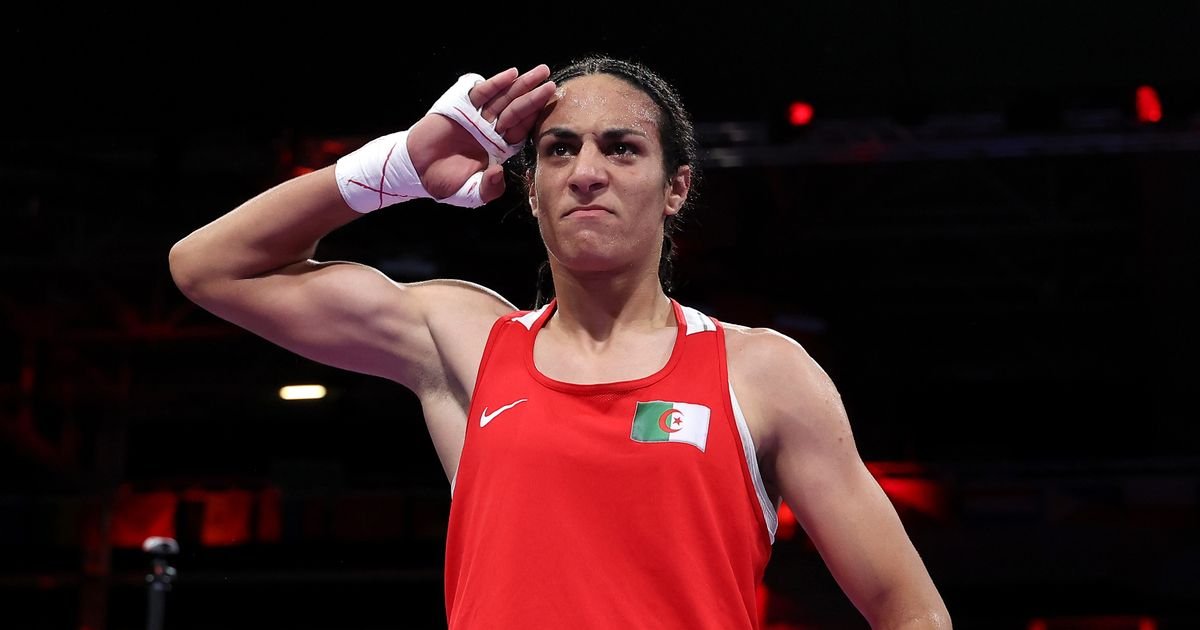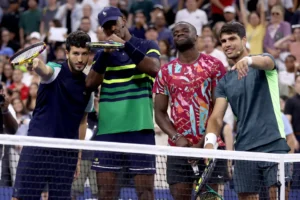
Imane Khelif, an Algerian boxer at the center of a gender controversy, won the Olympic gold medal in the welterweight division at the Paris 2024 Olympics, defeating China’s Yang Liu in a unanimous decision. Khelif faced criticism over her eligibility to compete in women’s boxing after being disqualifiedgggggggggggffdc. Cxdddrrrrrrfffggg from the 2023 cccfffrrrffddeeeeeWomen’s World Championships due to elevated testosterone levels. Despite the controversy, Khelif declared at the post-fight press conference that she is a woman and has always competed as one, emphasizing her qualification and legitimacy in the sport. Her victory came amidst a polarized debate on gender eligibility in sports, with critics arguing that athletes like Khelif should not be allowed to compete against women.
During the Olympics, Khelif showcased her boxing prowess, winning all her matches decisively and not losing a single round. Her semi-final bout against Italian boxer Angela Carini ended dramatically when Carini withdrew due to the severity of Khelif’s punches, sparking further debate. Critics, including former athletes and public figures, accused the International Olympic Committee (IOC) of endangering female athletes by allowing Khelif to compete. However, the IOC maintained that Khelif was eligible under current rules, citing that the disqualification from the World Championships by the International Boxing Association (IBA) lacked due process.
The controversy intensified with comments from prominent figures like Martina Navratilova and J.K. Rowling, who criticized the IOC for permitting Khelif’s participation. They argued that allowing athletes with atypical testosterone levels in women’s competitions undermines fairness and safety. Meanwhile, supporters of Khelif praised her performance and viewed her success as a triumph against unwarranted scrutiny and discrimination. Khelif, undeterred by the backlash, focused on her achievements and expressed gratitude to her supporters, including the Algerian president.
Khelif’s case highlights ongoing tensions in sports regarding gender eligibility and the rules governing testosterone levels. The IOC’s current policy is based on guidelines from the Tokyo 2021 Games, which allow athletes to compete based on their identified gender, provided they meet the criteria. As debates continue over the inclusion of athletes with differences in sexual development, the controversy raises questions about the future of gender categorization in sports and the potential for changes in policy leading up to the 2028 Los Angeles Olympics.







